China has joined Russia as an explicit danger to Western allies following a NATO summit in Brussels on Monday (June 14, 2021).
The 30 leaders of NATO (North Atlantic Treaty Organization) – the most powerful military alliance in history – stated in a joint communiqué that China’s ambitions and assertive behavior present systemic challenges to the rules-based international order and to the alliance’s security-relevant regions.
According to the alliance leaders, China is rapidly expanding its nuclear arsenal with more warheads and a greater number of sophisticated delivery systems. It is also cooperating militarily with Russia – NATO’s original adversary, including through participation in Russian military exercises in the Euro-Atlantic area.

Otan Secretary General Jens Stoltenberg highlighted this new positioning of the alliance toward China at a press conference after the summit.
“The first time we mentioned China in a communiqué and a document in a decision by NATO leaders was 18 months ago,” he noted, when NATO talked about “opportunities and challenges” linked to China in 2019.
“China is not an adversary,” Stoltenberg noted.
But he also expanded the list of threatening activities by China.
“They [the Chinese] already have the….second largest defense budget in the world, they already have the largest navy, and they are investing heavily in new modern capabilities, including investing in new ‘disruptive technologies,’ like autonomous systems, facial recognition, and artificial intelligence, and putting them into different weapons systems,” SecGen said.
“They are really in the process of changing the nature of warfare,” Stoltenberg said.
He rejected the idea that NATO, whose main task was to defend the North Atlantic region, was overstepping the boundaries of the original treaty.
“To respond to the challenges that we see China poses to our security, it is not about moving NATO into Asia…. because we see China is moving closer to us,” he said.
“We see China moving closer to us in cyberspace, controlling infrastructure in Africa and the Arctic, and training together with Russia in North Atlantic waters,” he added.
NATO’s pivot toward China did not mean that it abandoned concern about Russia, whose aggressive activities, from war in Ukraine to blowing up ammunition depots in the Czech Republic, still dominated the communiqué, however.
“Until Russia demonstrates compliance with international law and its international obligations and responsibilities, there can be no return to life as it was before,” the statement said.
China was named 10 times and Russia 62 times in the joint NATO communiqué.
Macron and Merkel dissent over NATO communiqué
Meanwhile, French President Emmanuel Macron and German Chancellor Angela Merkel have also expressed a more China-friendly tone.
“NATO is a military organization, the question of our relationship with China is not just a military issue. It’s an economic one. It’s strategic. It’s about values. It’s technological,” Macron told the press after the summit.
China is a “great power with which we are working on global issues to move forward together,” as well as a “competitor,” he noted.
“It is very important that they do not…influence our relationship with China,” he said.
“China is not in the North Atlantic,” Macron added, going against Stoltenberg’s line.
“Russia, above all, is a big challenge,” Merkel also said, while noting that the NATO communiqué reflected the fact that the U.S. is a Pacific Ocean and Atlantic power.
“If you look at the cyber threats, the hybrid threats, if you look at the cooperation between Russia and China, then you can’t just ignore China… [but] I don’t think we should overestimate the importance of that [Chinese threat],” she added.
NATO returns to normal after the Trump era
That last NATO summit in June 2021 signaled a return to normal after four years in which former U.S. President Donald Trump questioned the value of NATO and insulted Macron, Merkel and others, while reaching out to Putin.
The Otan mutual defense pact is “solid as a rock” and is a “sacred obligation” to the US, Biden said.
“I want all of Europe to know that…NATO is extremely important to us,” he added.
“With Joe Biden…there is a clear understanding of the need for NATO,” said Dutch Prime Minister Mark Rutte.
“I was able to work with Trump. Sure, it was a little more awkward…but with Joe Biden, it’s more natural again,” he added.
Meanwhile, Biden revealed little about what he might say to Putin.
But he seemed more dovish than hawkish, ruling out the idea of a NATO membership action plan for Ukraine on the grounds that “they [Ukraine] still have to clean up the corruption.”
He also said that Putin was a “brilliant” and “tough” opponent.
“I will make it clear to President Putin that there are areas where we can cooperate, if he wants to,” Biden said.
The West needed a “robust dialogue” with Russia to “build a security framework for the European continent,” Macron said.

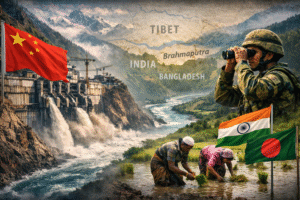
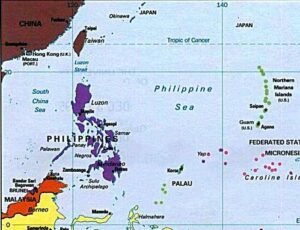
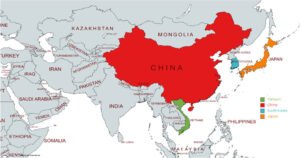
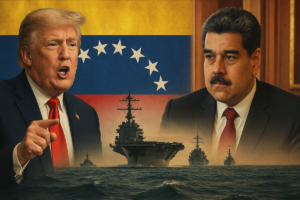

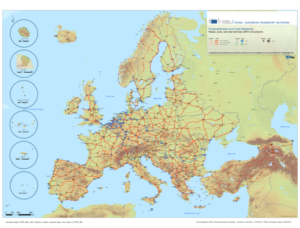


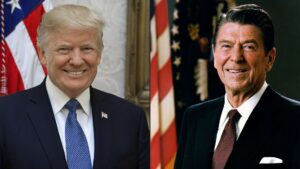
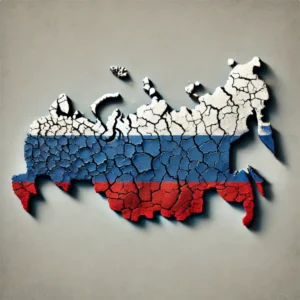
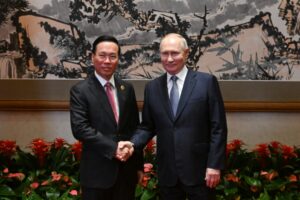
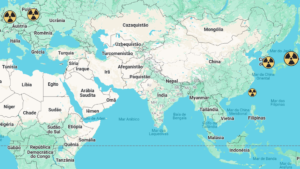
[…] NATO Includes China Alongside Russia as a Strategic Rival […]
[…] NATO Includes China Alongside Russia as a Strategic Rival […]
[…] NATO Includes China Alongside Russia as a Strategic Rival […]
[…] “probably lack a single explanation.” Some may be technologies from another nation like China or Russia, others may be natural atmospheric phenomena like ice crystals that can be recorded on radar […]
[…] with the United States and China, the European Union is one of the 3 hegemonic countries/regions in the world. Through its economic […]
[…] continent had already been talked about since the end of World War II. Despite the establishment of NATO (North Atlantic Treaty Organization – military alliance between the US, Canada, and sever… in 1949, Europeans already knew deep down that they could not fully rely on the future goodwill of […]
[…] long as tensions with China remain, the Quad agenda will likely expand as the democracies of the Indo-Pacific seek to balance […]
[…] with the imminence of an Afghan destabilization, China will turn its energies and resources to supporting the central government in Kabul, or even make a […]
[…] China is using a large number of irregular maritime militias, dubbed “little blue men,” to assert and expand its control over a growing area of disputed and claimed islands and reefs in the strategically important South China Sea. […]
[…] recently in 2017, China opened its first overseas military base. The Chinese military base in Djibouti serves for the […]
[…] one of the West need to compete in all fields. Even, the European Union has already classified China as a systemic rival, but a trading partner and in global […]